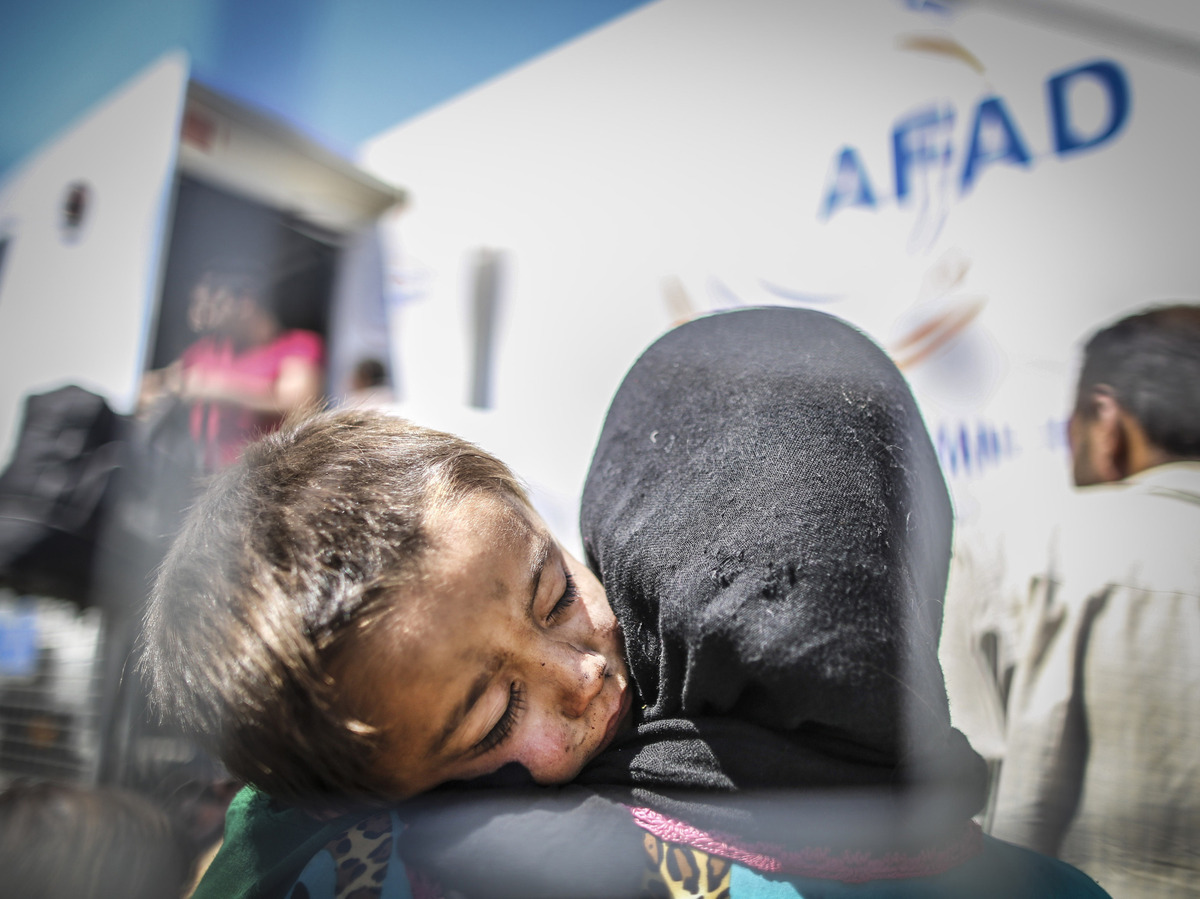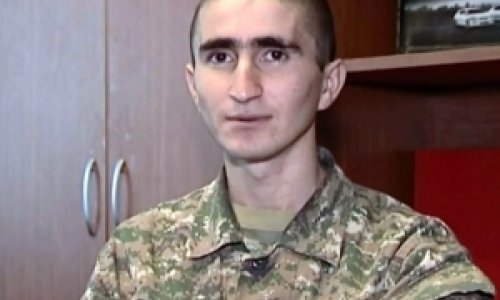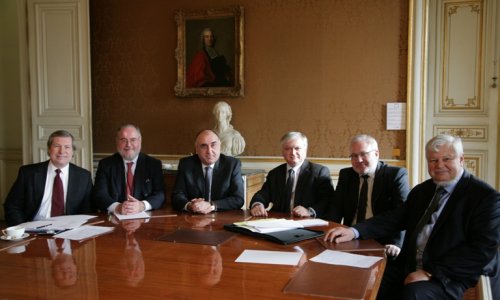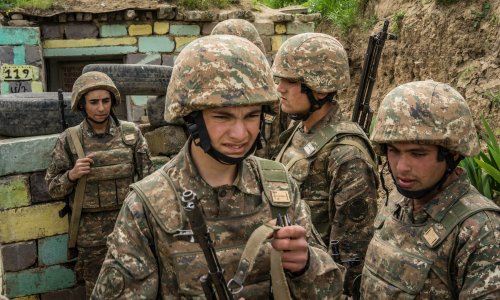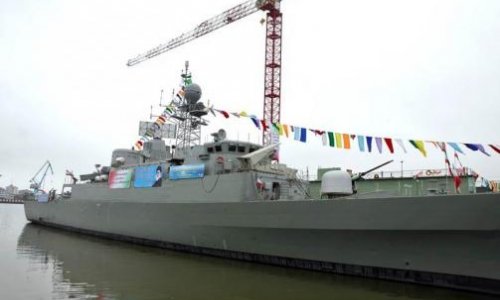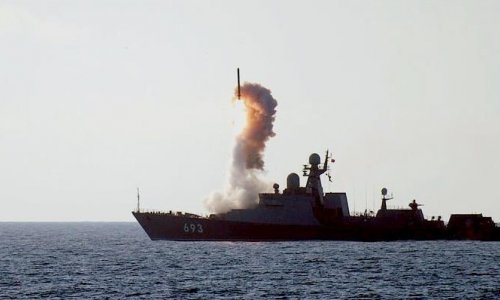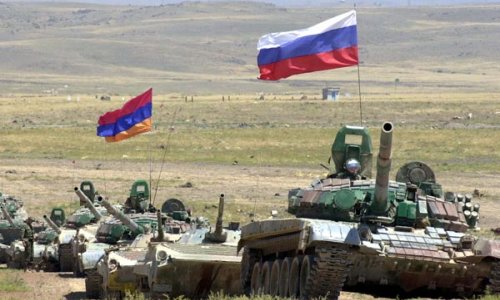Turkish President Recep Tayyip Erdogan is getting the buffer zone he’s campaigned for along the Syrian border. But instead of the rebels he favors, it’s controlled by Kurdish fighters Turkey brands as terrorists.
Supported by U.S.-led airstrikes, Syria’s Kurdish Democratic Union Party, or PYD, expelled Islamic State militants from the town of Tal Abyad last week, cutting off a major route used to bring in foreign fighters and supplies. The victory means they now control about two-thirds of the 910-kilometer (566-mile) border with Turkey.
The advance was unwelcome news in Ankara, where officials worry that a de facto autonomous Kurdish region would strengthen Turkey’s own Kurdish separatists, who have fought for autonomy since 1984. Deputy Prime Minister Yalcin Akdogan called the PYD’s victory a threat to national security while pro-government newspapers described the group as more dangerous to Turkey than Islamic State.
"Whether Turkey likes it or not, the Kurds have become the boots on the ground in the international campaign against Islamic State in Syria,” Nihat Ali Ozcan, an analyst at the Economic Policy Research Foundation in Ankara, said by phone Monday. "When the war is over, their political demands will be on the table.”
Turkey has urged the U.S. and its allies to establish a buffer zone inside Syria to host refugees and serve as a staging ground for the Free Syrian Army. Though it’s backed by Western countries, the FSA has played a dwindling role in the war to oust President Bashar al-Assad, now led by Islamist groups.
Election Gains
The Kurds, who number about 30 million people across several regional countries, have been among the biggest winners from the latest wave of Middle Eastern turbulence. Kurdish groups govern energy-rich northern Iraq and have established self-rule in northern Syria after Assad’s army withdrew amid the country’s civil war.
In Turkey, the Kurdistan Workers Party, or PKK, is negotiating with the government for autonomy, and a political party linked to the outlawed group made gains in this month’s elections.
The Syrian Kurds are close to the PKK, and their growing power may spur Kurds in Turkey to claim more than the government is ready to offer, said Coskun Unal, a military analyst for Sidar Global Advisors, a research firm in Washington.
‘Best Fighting’
"Having the PKK ruling the Syrian Kurdish region is definitely a threat for Turkish decision makers,” Unal said by e-mail. "A strong PKK in Syria will definitely be more influential and inspirational for Turkey’s Kurds.”
Salih Muslim, chairman of the PYD, denied that his forces were seeking to create a "Kurdish corridor” running along Turkey’s border from Iraq in the east to the Mediterranean coast in the west, Hurriyet newspaper reported Sunday.
U.S. support for the Kurds as effective fighters against Islamic State has deepened divisions with NATO ally Turkey, which puts a higher priority on steps aimed at unseating Assad. Over Turkish objections, American planes airdropped weapons to Kurds defending the border town of Kobani.
U.S. Defense Secretary Ashton Carter said on Monday that Kurdish forces have done "some of the best fighting” against the jihadists. The Kurdish advance continued with the capture on Monday of a former Syrian army base north of Raqqa, the de facto capital of Islamic State’s self-declared caliphate about 50 miles south of Tal Abyad, the Syrian Observatory for Human Rights said in an e-mailed report.
Obama Complaint
Yasin Aktay, the foreign affairs chief of Turkey’s governing AK Party, accused the Kurds of driving Arabs and Turkmen out of northern Syria in an "ethnic cleansing” campaign with tacit U.S. backing. Hundreds of Syrian refugees, including Kurds, have crossed into Tal Abyad from Turkey since Monday, reports said.
Erdogan, visiting a refugee camp near the Syrian border on Saturday, said the Syrian Kurds were behaving the same way as Assad and Islamic State by oppressing other groups, and vowed to foil the "game” being played in Syria.
In the areas where it borders Islamic State, Turkey hasn’t done enough to halt the flow of foreign fighters joining the jihadists, the U.S. says.
President Barack Obama said last week that Turkish authorities "recognize it’s a problem but haven’t fully ramped up the capacity they need.”
Turkey’s Foreign Minister Mevlut Cavusoglu responded to Obama on June 10, calling for increased intelligence-sharing with western nations. Turkey has deported about 1,300 suspected foreign fighters so far and didn’t receive any shared intelligence about half of them, Cavusoglu said.
Militant Setback
The State Department said in its 2014 terrorism report that while Turkey has stepped up efforts, it fails to impose visa requirements for countries that are major sources of jihadists, such as Libya.
Regardless of Turkey’s stance, the spread of Kurdish control along the border areas makes it harder for Islamic State. The fall of Tal Abyad into Kurdish hands was a setback for the jihadist group as it seeks to build on recent gains, including the capture of Palmyra in Syria and Ramadi in Iraq.
It was "a decisive move to prevent the extermination of Syrian Kurds, and a substantial setback for Islamic State,” Marc Pierini, a visiting scholar at policy group Carnegie Europe, said in an e-mail on Monday.
(Bloomberg)
www.ann.az
Follow us !

